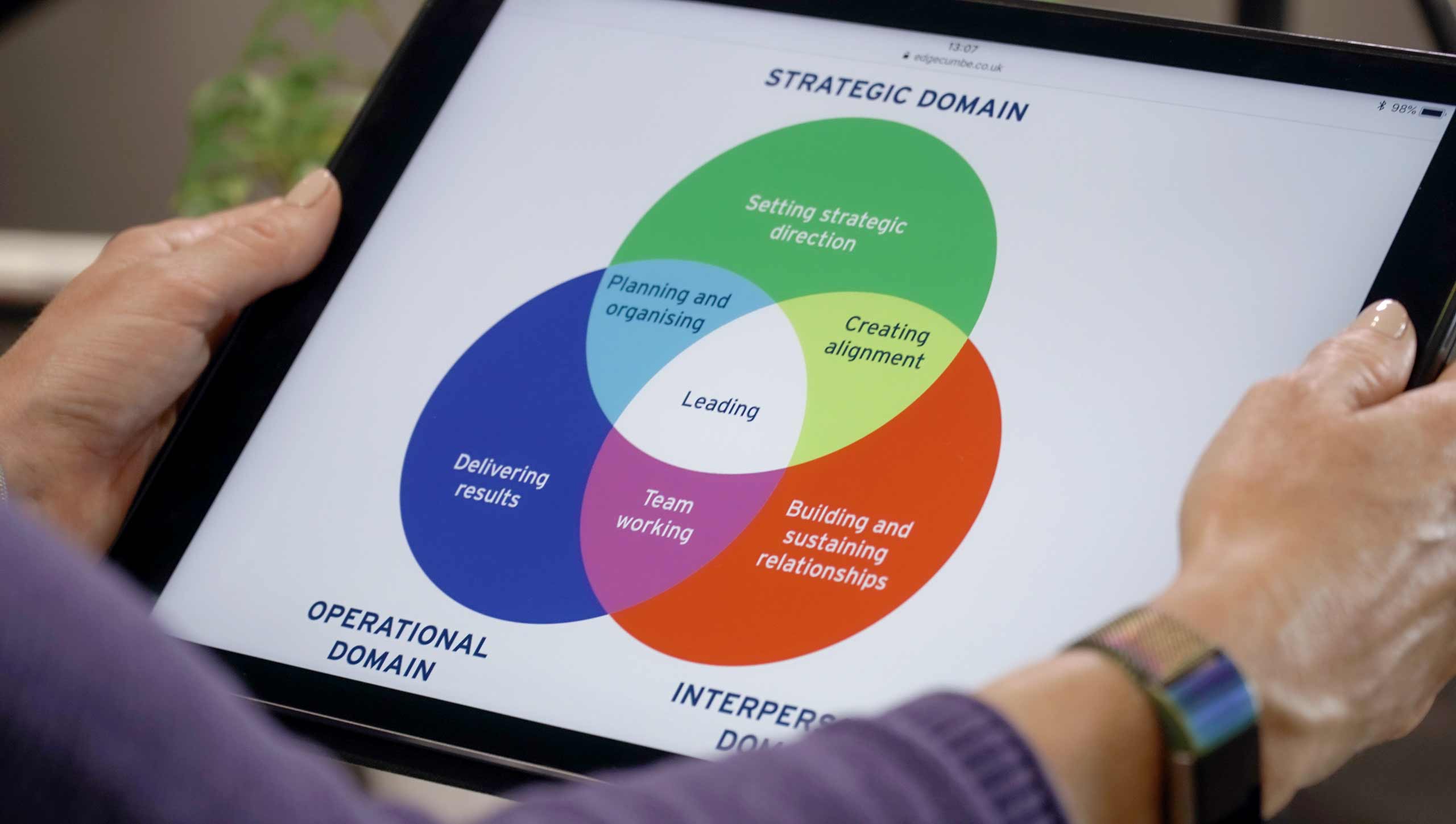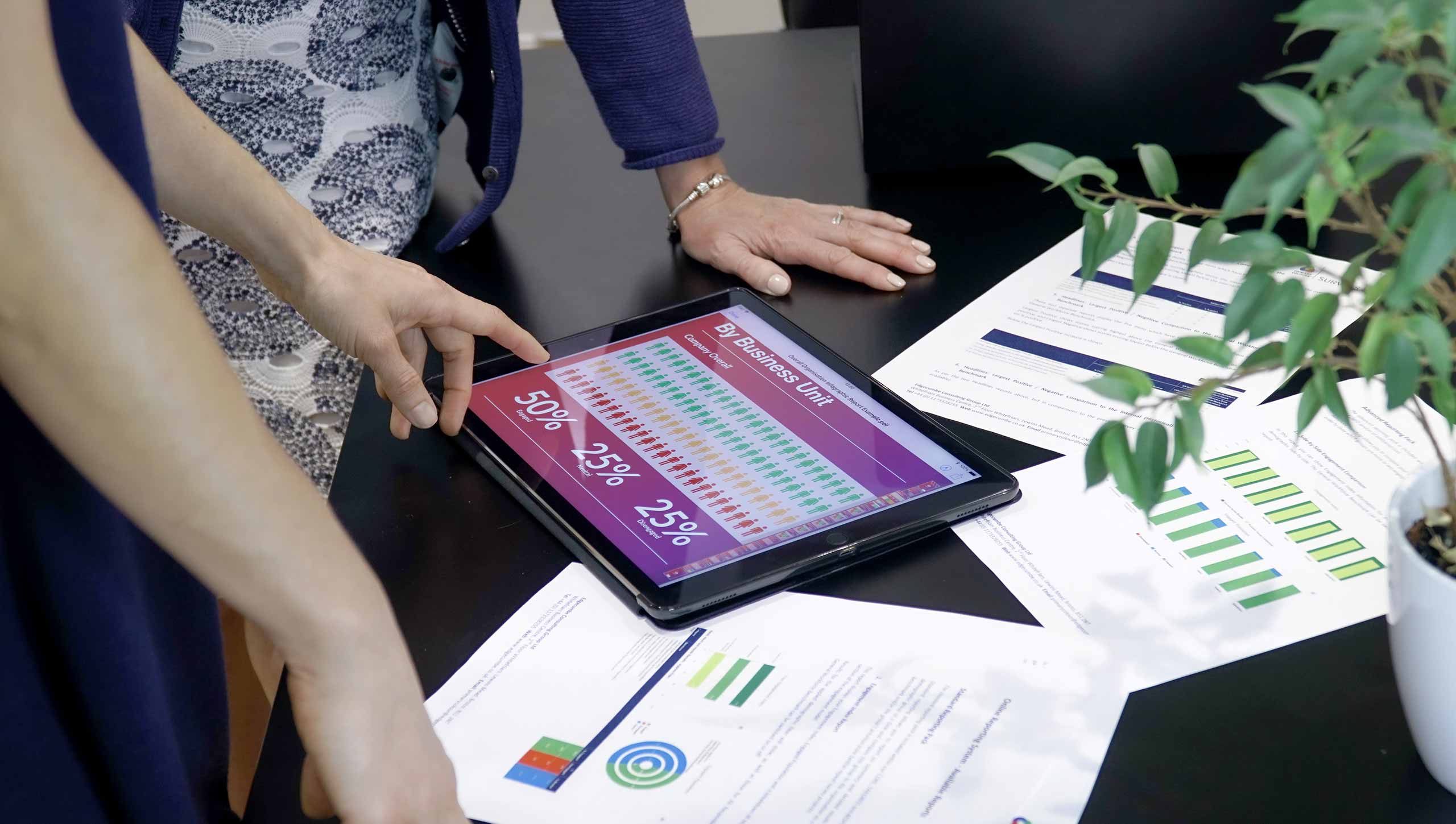Breaking news: pre-hire experience does not predict a new hire’s performance. That is the conclusion of a new review of 81 studies on the topic, published by Chad Van Iddekinge and colleagues (Harvard Business Review, September-October 2019). Having reviewed evidence of post-hire performance across 15 of the 23 job families listed by the US Labor Department’s Occupational Information Network, including sales, they concluded: “We discovered a very weak relationship between pre-hire experience and performance, both in training and on the job. We also found zero correlation between work experience with earlier employers and retention.”
This may be unwelcome news to those involved in staffing decisions, because experience is typically one of the most important factors in appointments: the same review found that over 80% of job advertisements either require or strongly prefer relevant experience. So, if it has little to no bearing on success and you want to improve sales performance, what else can you do?
Hiring great salespeople
Fortunately, there are clear pointers in other research as to the skills and personality traits which do help predict sales performance. Hiring managers should focus on recruiting people who possess these qualities. One of the key dimensions is emotional intelligence, or EI, as previously discussed by Ben Laker and Rita Trehan in Dialogue (Q2, 2019). They highlighted that “successful salespeople, on the whole, have EI scores significantly higher than average”.
There are a number of other personality traits linked to sales success, as sales guru Steve W Martin’s research has shown.
Modesty: ostentatious salespeople who are full of bravado alienate more customers than they win over.
Conscientiousness: top salespeople have a strong sense of duty and feel deeply responsible for their results.
Achievement orientation: top performers mostly score very high in achievement orientation, fixate on achieving goals, and continuously measure their performance.
Curiosity: most top salespeople are extremely curious, which drives them to explore issues from all angles.
Lack of gregariousness: surprisingly, friendliness and a preference for being with people tends to reduce sales performance. Top performers score 30% lower for gregariousness than below-average performers.
Lack of discouragement: top salespeople are able to handle emotional disappointments and bounce back from losses, with 90% reporting infrequent or only occasional sadness.
Lack of self-consciousness: embarrassment and bashfulness can inhibit sales performance. Less than 5% of top performers have high levels of self-consciousness.
Strengthen social networks
Organizational Network Analysis (ONA), which examines the extent and strength of relationships among individuals and groups, shows that these relationships are strongly connected to sales performance. What is perhaps surprising is that it is the strength of salespeople’s internal networks which seems to be critical. Gabriel Gonzalez and Danny Claro (Journal of the Academy of Marketing Science, 2019) have reported on studies showing that “top-performing salespeople are three times as likely to interact with multiple groups inside their firm”. What’s more, they add, “cross-functional cooperation can improve sales performance by 25%”.
ONA can help you to identify those people who have already developed strong internal networks, and hence the potential to be great salespeople, and those who may need support.
Create safety and meaning
Are you trying to solve the right problem? Tempting as it may be to focus on people with formal responsibility for sales, this may not be the best way to improve sales performance. In most organizations, a customer’s appetite to buy repeatedly over time is the source of most sales and the best margins – yet that has less to do with the formal sales force than with the customer’s overall experience of your products and services.
Building on work by Anthony Rucci, Steven Kirn and Richard Quinn, who described the employee-customer-profit chain at Sears in 1998, Edgecumbe research with clients including BSI and Bunzl has confirmed that customer loyalty – and hence sales and profitability – tends to correlate strongly with how employees behave and the value they create for customers. In turn, this is driven by leadership.
A 1996 paper by Steven Brown and Thomas Leigh showed that job involvement and sales performance were predicted by the climate created by leaders and experienced by employees. Two factors are critical: psychological safety, which requires supportive management, clarity of expectations and freedom of self-expression; and psychological meaningfulness, which comes from a sense of contributing to a bigger purpose, recognition for the role each person plays in realizing that purpose, and a sense of challenge.
Edgecumbe research has shown that the relationship between leaders’ behaviour and employee experience holds good in organizations as diverse as Rolls-Royce, Help for Heroes, EDF Energy and the Diocese of Liverpool. Leadership which creates psychological safety and meaning has the power to unleash the extra effort it takes for your employees to delight customers and keep them coming back for more, whatever business you are in.
If you want to drive sales performance, it makes good sense to use high-quality psychometrics to help you hire modest, conscientious, achievement-oriented people with well-developed emotional intelligence into formal sales roles, and then help them to strengthen their social networks.
But if you want to institutionalize resilient sales performance, you should also invest in building the leadership that creates a positive climate for all of your employees, so that they can do their best to create value for your customers and keep them coming back for more.
This article originally appeared in Dialogue Review in December 2019.















